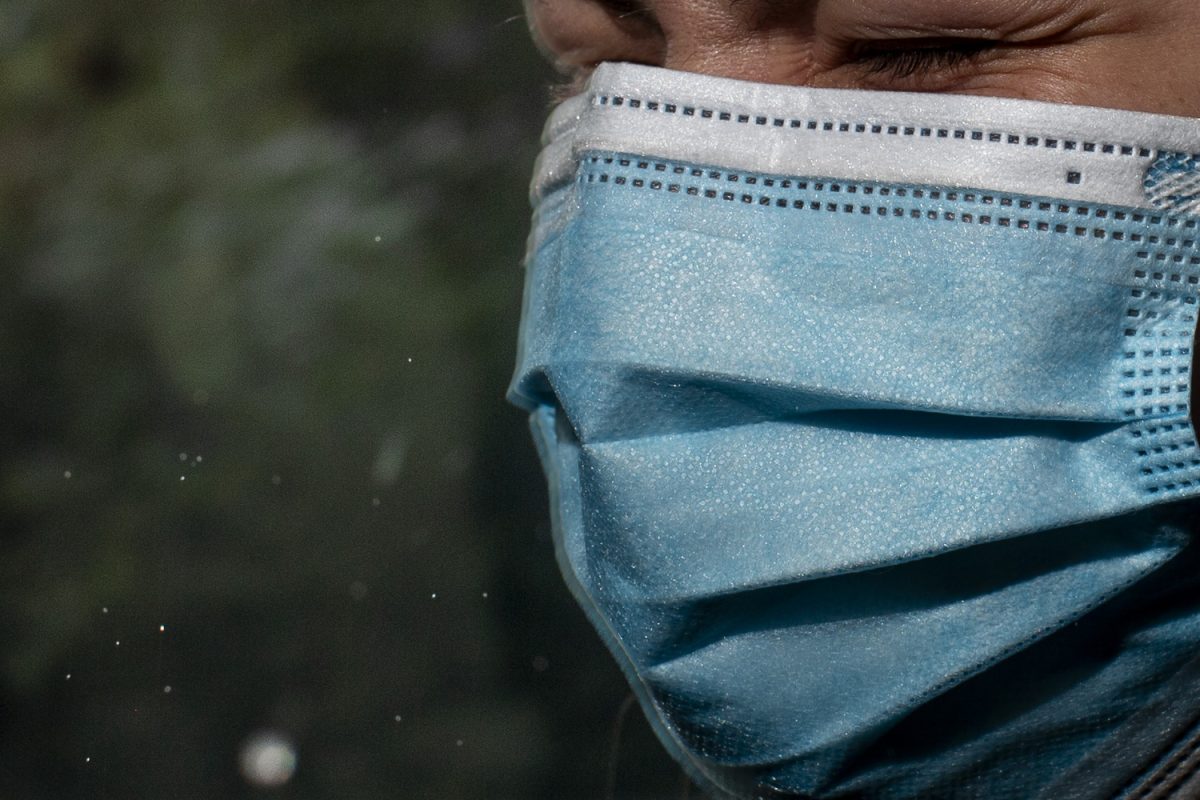Amid a nationwide resurgence, whooping cough cases are on the rise in Iowa City.
The infection commonly known as whooping cough is impacting University of Iowa students and Iowa City residents. According to the CDC, whooping cough is a contagious respiratory illness caused by a bacteria called Bordetella.
“The University of Iowa Health Care and the Johnson County Department of Health have identified a number of cases of Pertussis, or whooping cough, in the community and on campus over the last few weeks,” according to a recent release by the UI Division of Student Life.
The CDC reported almost twice as many cases across the country in June compared to last year.
“I feel like everyone gets sick around this time of the year, but I don’t remember hearing this much about whooping cough,” Siobhan Derrig, a second-year student at the UI, said.
Derrig explained that during her time at the UI, people tend to get sick as the weather starts to change. However, this is the first time she’s heard of an intense rise in whooping cough. She further explained that she knew what the sickness was, but to see how cases have increased this year is stunning.
Symptoms of the illness can look like those of a cold or allergies, but over time patients will develop a cough that is followed by a “whooping” sound.
RELATED: Johnson County improves general public health ranking across state
In an interview with The Daily Iowan, Michele Hastings, an infection prevention specialist with Northwestern Medicine, explained that during weeks one and two of exposure, patients can still be contagious even if they do not have symptoms.
People can start developing symptoms as late as 10 days after exposure to the illness, and these symptoms can last anywhere from five days to two weeks.
“The best way to prevent infection is to get the vaccine. We also suggest that if you start to experience symptoms, isolate yourself to prevent spreading and go to your local health care provider,” Hastings said.
There is currently a vaccine for whooping cough that people typically receive around the ages of four and six. Hastings explained that due to the weakening of the vaccine over time, there is also a booster available that’s recommended for children 11 or 12.
If students at the UI or residents of Iowa City are experiencing symptoms, the university recommends they contact Student Health or reach out to a disease prevention specialist in the Johnson County Department of Public Health.



